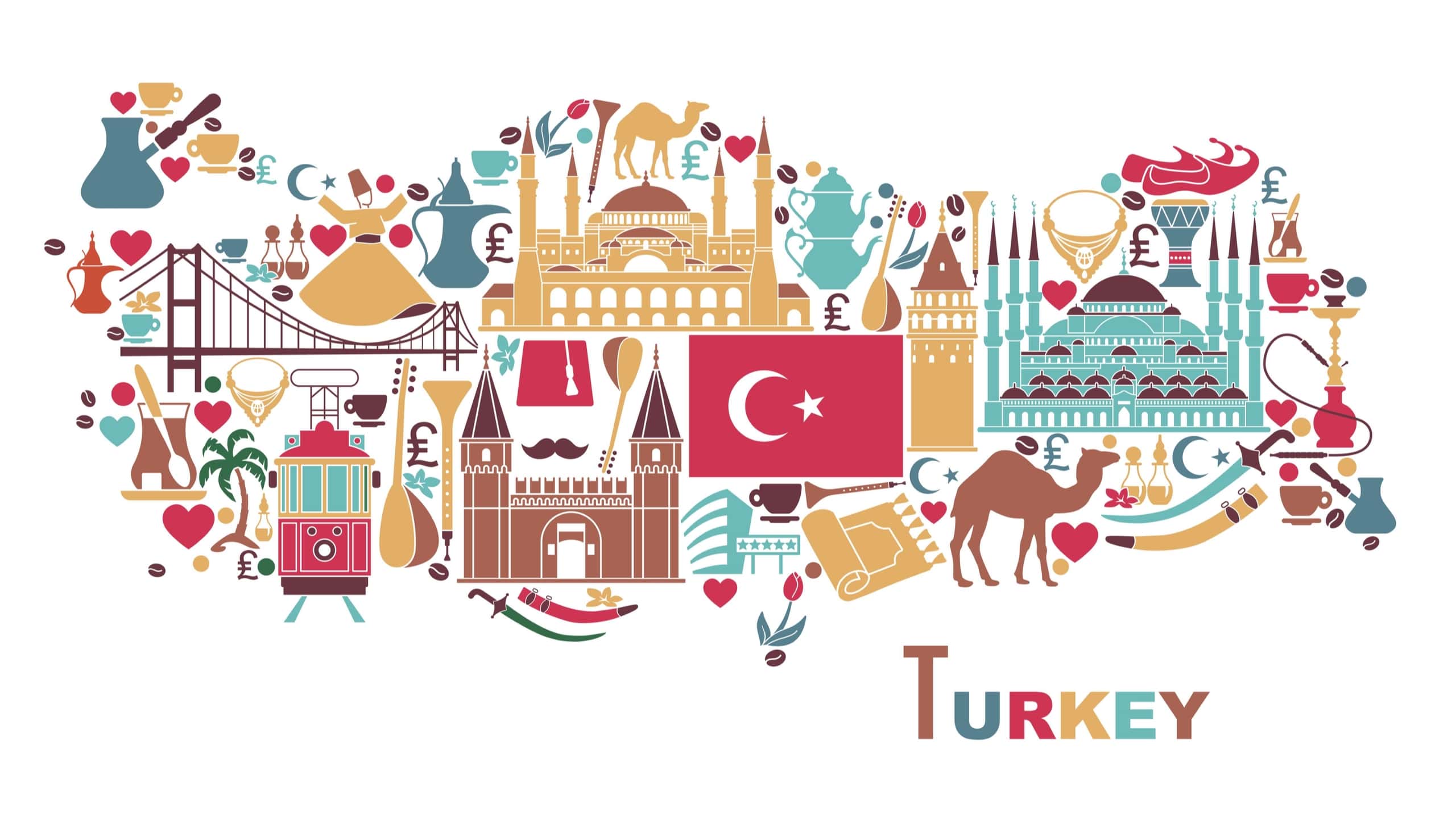The Interior Ministry issued a press release with the following information.
Germany, Spain, France, Austria, Norway, Denmark, Sweden, Belgium, Holland—For these countries, in which the coronavirus is spreading, the Interior Ministry shared a Circular with various authorities indicating that:
- Passenger entries from these countries to Turkey are being stopped through all border gates (Tüm hudut kapıları – see below).
- Citizens of these countries, and of third countries who have been in these countries within the last 14 days, will not be permitted to enter Turkey.
- There will not be any restrictions on exiting Turkey for the nationals of these countries.
- Turkish nationals’ travel to these countries has been temporarily suspended.
- Regarding the countries that were “taken” (very unclear meaning) according to the procedures and principles determined by the Ministry of Health outlined for China, Iran, Iraq, South Korea, and Italy, inspection, control, and 14-day surveillance and quarantine operations will be followed when necessary.
Reference: https://www.icisleri.gov.tr/81-il-valiligi-ve-hudut-idare-mulki-amirliklerine-genelge
Note: The phrase Tüm hudut kapıları means all entry points via land, air, railway, and sea, according to the Ministry of Commerce website: https://www.ticaret.gov.tr/gumruk-islemleri/gumruk-idareleri/hudut-kapilari/hudut-kapilari-genel-bilgiler
As of March 17, 2020, the following countries’ flights to Turkey are also now banned: England, Switzerland, Saudi Arabia, Egypt, Ireland, and the United Arab Emirates. The number of countries for which Turkey bans flights has increased to 20.
Migration Directorate restrictions: The Migration Directorate, which oversees residence permit adjudication, Temporary Protection Status, and other immigration applications, has begun to limit applications. Unfortunately, the specifics are not yet clear. It appears that appointments in Istanbul may now be canceled without notice.
Ministry of Foreign Affairs restrictions: Turkish consular posts around the world are so far responding in various ways to the virus. Checking for the most up-to-date status for posts is imperative. In general, posts are either:
- In full operation;
- Only allowing visa filings by post or bonded courier (i.e., no in-person applications); or
- Restricted to limited appointments or fully closed to visa services.
Ministry of Labor restrictions: A posted notice at the main gate of the MOL states that the Public Relationships Department was closed until further notice. This means that attorneys will not be able to enter the MOL building to make queries in person on work permit cases. All queries will need to be by phone, which is not particularly effective, according to reports.
There also appears to be a slowdown on the progress of adjudications, as seen via the online system. Cases appear to be taking longer to move through the steps of processing, from upload to officer review to adjudication. Anticipate longer timelines.
Useful links for travel to Turkey amid the pandemic period:
- See International Airport Transport Association-IATA country-by-country English language alerts. Countries can be easily added to this list, so check for updates. https://www.iata.org/en/programs/safety/health/diseases/government-measures-related-to-coronavirus/
- Turkish Airlines air travel restrictions on boarding and reservation changes (check for updates): https://www.turkishairlines.com/en-int/announcements/coronavirus-outbreak/index.html


